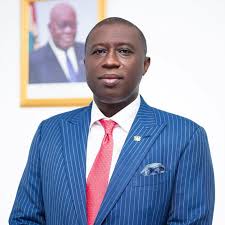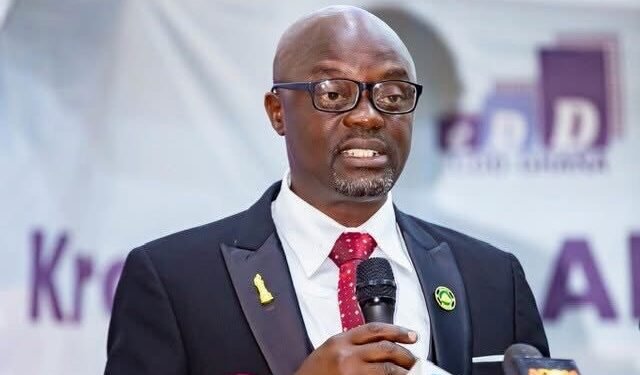Ghana’s decision to abstain from a vote at the United Nations Human Rights Council regarding the renewal of the mandate of the Independent Expert on Protection Against Violence and Discrimination Based on Sexual Orientation and Gender Identity (SOGI) has triggered sharp political responses and widespread public debate.
The abstention, taken on July 7, 2025, at the 59th session of the Human Rights Council (HRC59), drew immediate criticism from Hon. Patrick Yaw Boamah, the New Patriotic Party (NPP) Member of Parliament for Okaikwei Central.
Hon. Boamah expressed concern that the government’s decision undermined the clear anti-LGBTQ+ stance expressed during the campaign period.
“We were promised as a country by the government of the day that they were not going to support that activity. So we expected that Ghana should have taken a firm position on that and I was a bit surprised to have seen that Ghana abstained”
Hon. Patrick Yaw Boamah, MP For Okaikwei Central
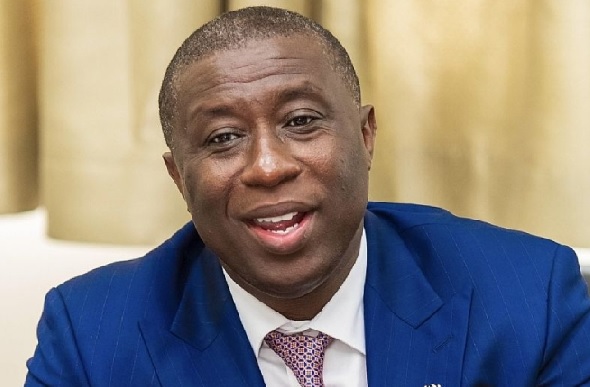
Hon. Boamah further stated that he would be filing a formal question to the Minister of Foreign Affairs and other government representatives to clarify the basis for Ghana’s abstention, insisting that the vote was a missed opportunity to reinforce national cultural values.
The MP rejected suggestions that the abstention was a diplomatic maneuver or a continuation of Ghana’s longstanding policy of non-alignment.
“This is not a foreign policy matter. This is a cultural issue, value issue, constitutional issue – things that are alien to our culture and our well-being. Our cultural values are part of our constitutional establishment”
Hon. Patrick Yaw Boamah, MP For Okaikwei Central
“It was a clear opportunity for the government to demonstrate to the world their position on this very important matter,” he said, arguing that the National Democratic Congress (NDC) government, led by President John Dramani Mahama, should have also used the UN platform to affirm its campaign position on LGBTQ+ matters.
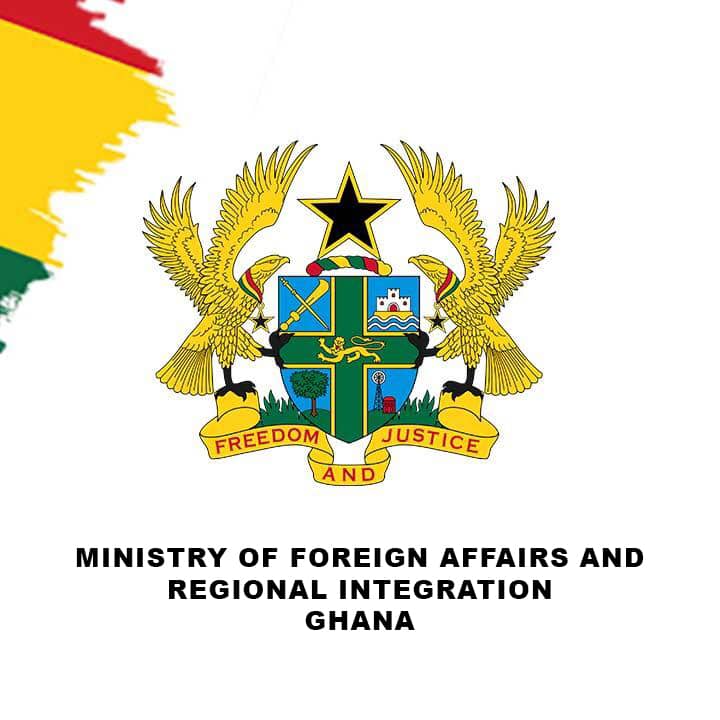
Foreign Ministry Responds
Amid public outcry, the Ministry of Foreign Affairs issued a press release clarifying the rationale behind Ghana’s abstention and correcting what it described as “misleading and mischievous reports” in the media.
“There was no vote on the support of LGBTQI for which Ghana abstained as has been wrongly reported by a section of the Ghanaian media”
Ministry of Foreign Affairs
The Ministry clarified that the vote concerned the renewal of a mandate for an independent expert focused on protection from violence and discrimination – not an endorsement of LGBTQ+ rights.
The Ministry emphasized that Ghana’s decision was guided by Chapter 5, Article 17 of the 1992 Constitution, which prohibits discrimination on the grounds of gender, race, colour, ethnic origin, religion, creed, or social and economic status.
Hon. Samuel Okudzeto Ablakwa, the Minister of Foreign Affairs, dismissed accusations of policy reversal. “The Mahama Administration has not changed its position on LGBTQI+,” he stated, pointing to the Ministry’s clarification as the official stance.
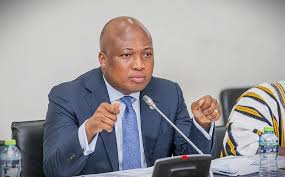
The Ministry also reiterated Ghana’s understanding of gender and sex, stated in its official UN submission.
“Our understanding of the traditional definition of gender is the male sex or female sex, especially when considered with reference to social and cultural differences.
“Similarly, sex in our view refers to either of the two main categories (male and female) into which humans and most other living things are divided and used for statistical purposes and policy monitoring”
Ministry of Foreign Affairs
The Ministry underscored that the government remains acutely aware of Ghanaian societal norms and public opinion and will not act in any manner to undermine this position.
Despite this clarity, the debate over Ghana’s abstention continues to rage within the public and political arenas, with legislators like Hon. Boamah, demanding constitutional, political, and cultural consistency and preservation, even as the government attempts to manage its global diplomatic posture.
READ MORE: Bank of Ghana Spends GH¢206m on Travel in 2024—More Than Double Previous Year

